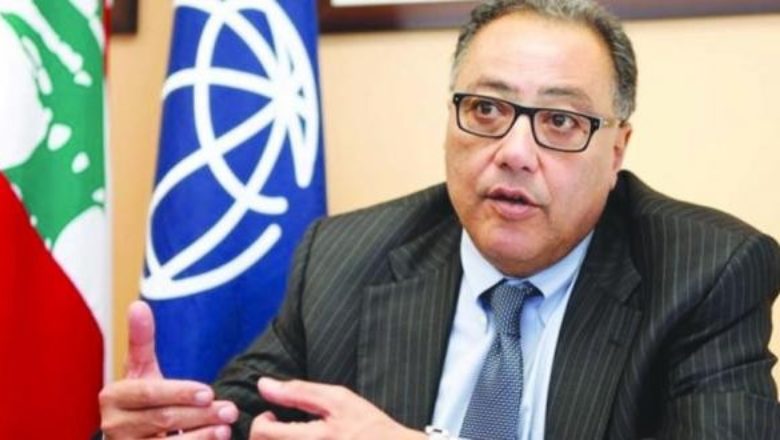The World Bank Group has committed about $12 billion to programmes and projects in Nigeria, the Vice President, Dr. Hafez Ghanem has confirmed.
Dr. Ghanem who led the bank’s delegation said its portfolio across all sectors stands at $11billion, while International Finance Corporation, IFC’s portfolio stands at over $1 billion in sector, including manufacturing, financial services and infrastructure.
The World Bank Group delegation was in Nigeria to discuss how it could help the country leverage private and public investments and expertise for inclusive growth.
The bank said in a statement, Monday, that the new approach to mobilize development financing was presented during a workshop with key business leaders and policy makers.
Ghanem said: “Under this approach, the World Bank Group’s institutions work together to mobilize a range of financing solutions – both private and public – for projects in developing countries. This helps expand funding options for low and middle-income countries and enables them to benefit from global best practices and expertise.
“We looked at the infrastructure needs of countries including Nigeria and believe we can leverage Government resources and The Word Bank Group with Private sector to bridge the gaps. We have supported and seen success in transport, energy and power sectors using Public Private Partnership models.
“The Azura power project is an example of how we have attracted private sector investment in the power sector. We are happy to work with the government of Nigeria on power sector reforms, which will create a better environment to attract more private sector financing.”
In his remarks, Sérgio Pimenta, IFC’s Vice President for Middle-East and Africa, said: “The financing needs of developing countries often surpass their own budgets and available donor funding. Private sector resources and expertise can go a long way in bridging the gap.
“In Sub-Saharan Africa, we are increasingly seeing the private sector design sustainable business models that are creating jobs and lifting people out of poverty.”
Nigeria faces a $100 billion annual investment gap in infrastructure, according to the National Integrated Infrastructure Master Plan, NIIMP.
The World Bank officials and Nigerian state as well as non-state actors discussed how to crowd-in private sector financing to solve Nigeria’s infrastructure deficit; identified the reforms needed to support Public-Private Partnerships, PPP, and developed an action plan to generate future PPPs.
Dr. Ghanem’s delegation also met with senior government officials, including the Vice President, Professor Yemi Osinbajo, the Minister of Finance, Budget and Planning, Mrs. Zainab Ahmed, the Minister of State for Aviation, Hadi Sirika and the Chairman of the Nigeria Governors Forum, Governor Kayode Fayemi.
Apart from Dr. Ghanem and Pimenta, IFC’s Vice President for Economics and Private Sector Development, Hans Peter Lankes, was also on the delegation.

